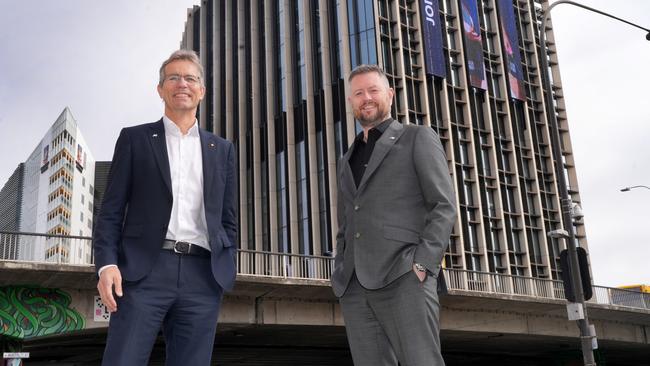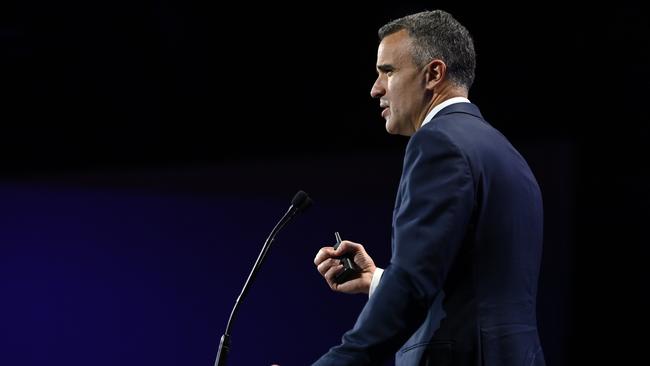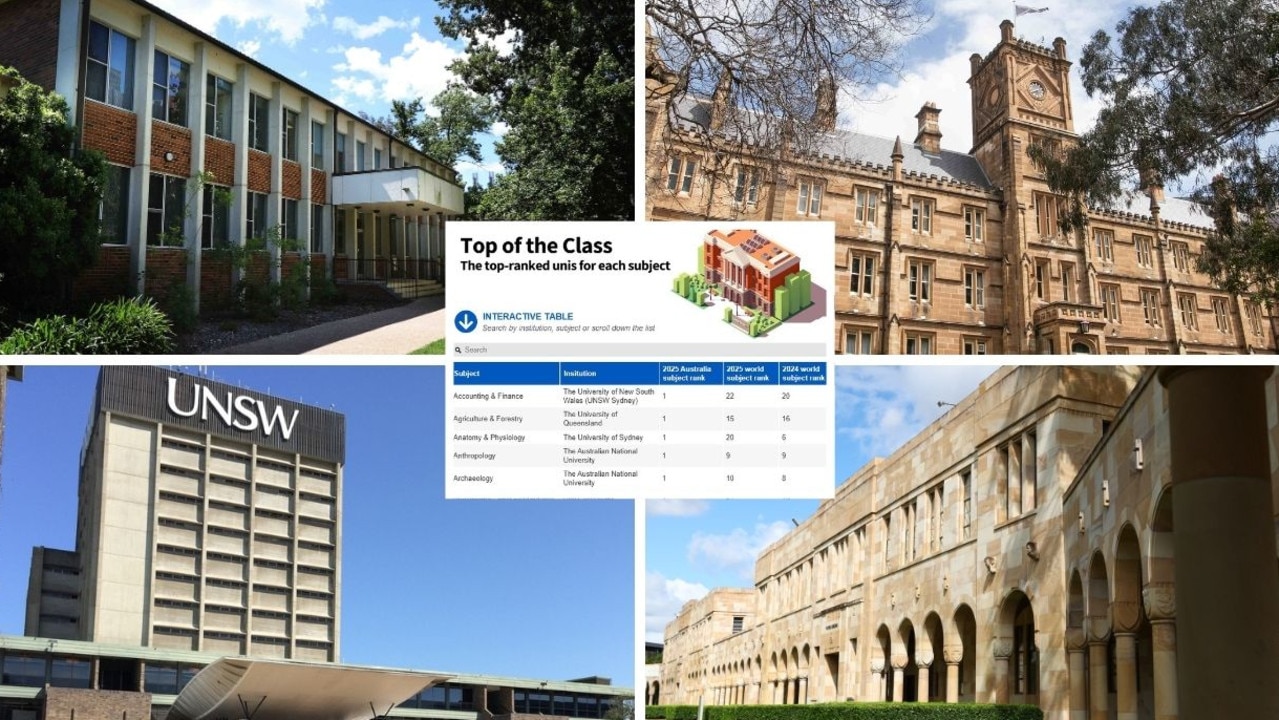Premier Peter Malinauskas warns against slashing foreign university student numbers
Premier Peter Malinauskas and university vice-chancellors are warning of the economic cost to South Australia of a crackdown on foreign student numbers.
Tertiary
Don't miss out on the headlines from Tertiary. Followed categories will be added to My News.
A crackdown on international university student numbers would damage the state economy, particularly the $368bn AUKUS nuclear-powered submarine project, and hobble the merger between Adelaide and UniSA, says Premier Peter Malinauskas.
In a direct warning to the Albanese government, the Premier said he would be “extremely concerned” at any move to curtail overseas student intake to any of the state’s three universities.
Mr Malinauskas told The Advertiser this would stifle critical private sector innovation by choking university research and worsen the skills shortage, particularly of engineers.
Overseas engineering graduates would be needed, he said, to backfill those working on the Adelaide-based construction of AUKUS nuclear-powered submarines, who require Australian citizenship.
In a separate interview, the UniSA vice-chancellor David Lloyd and University of Adelaide vice-chancellor Peter Hoj warned slashing international student numbers would stop the merged Adelaide University delivering “on our transformative ambitions”.

Mr Malinauskas said the state had “a program of ambition”, including the merged university, and urged against a federal intervention curbing that effort.
“The state government would be extremely concerned at any curtailment of international students by the federal government,” he said.
“International students are an incredibly important part of funding the research base in our state, which is critical to innovation in the private sector.
“A curtailment of international students, for either Flinders or the new university, will have an economic impact on South Australia in the various sectors that we are achieving economic success.”
Peak body University Australia warned on Tuesday that capping international student numbers could deliver a $4.3bn blow to the $50bn higher education sector and cost more than 1,400 jobs.
“It’s hard to imagine a situation where any other $50bn industry would be seen to be ripe to be cut,” Mr Malinauskas told The Advertiser.

Asked to explain the impact on the merged Adelaide University opening in 2026, Professor Hoj said: “You’re talking about big numbers, so will this put at risk the university – it will put at risk us fulfilling our ambitions. We won’t be able to deliver on our transformative ambitions.”
These included growing the economy with innovative research, supplying graduates to meet skills gaps in crucial projects like the AUKUS nuclear-powered submarines and boosting population growth by generating jobs and attracting students.
Professor Lloyd said income generated by overseas students compensated for the federal government only partly funding education costs for domestic students and, crucially, was a huge contributor to research costs.
“If we don’t have that revenue stream our ability to do research is diminished. The ability to give a student experience to everybody, domestic and international, is diminished,” he said.





